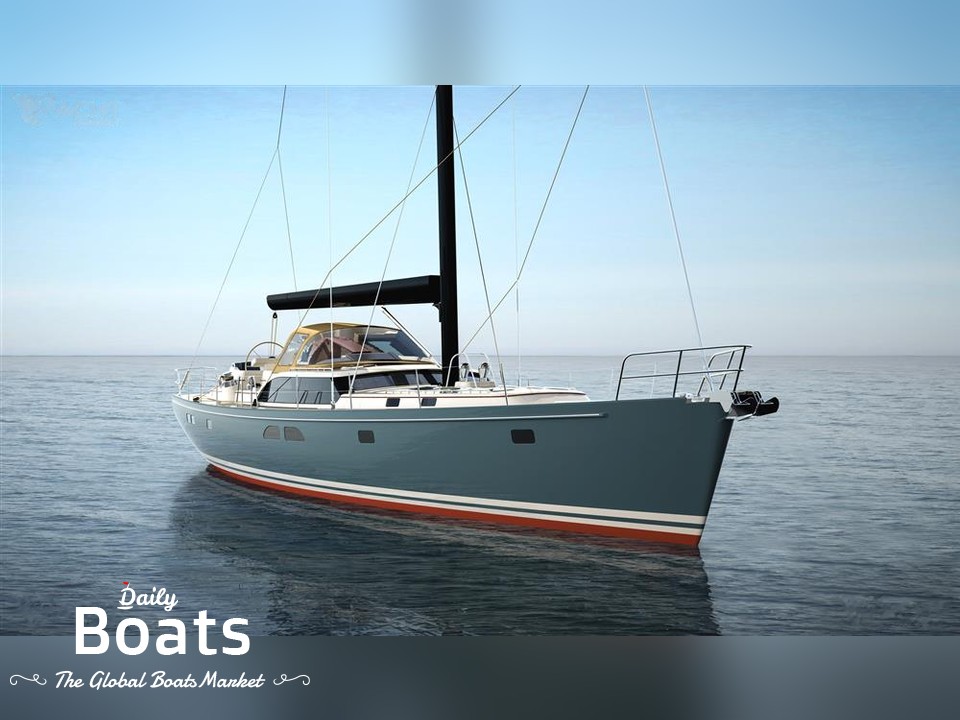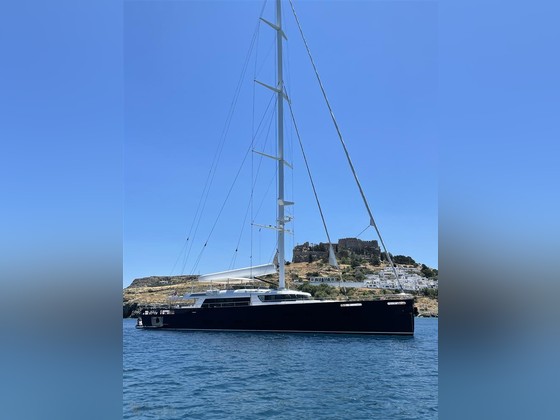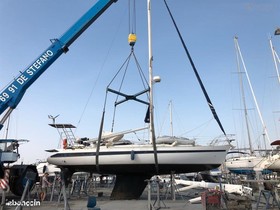Exploration sailboats

The Uses of Exploration Sailing Vessels
Introduction
In the past, exploration sailing vessels were used to navigate the world's oceans and discover new lands. Today, they are still used for exploration and research, but also offer many other benefits. Here we will explore the history of exploration sailing vessels, their benefits, and the future of this type of vessel.
The history of exploration sailing vessels
Early exploration sailing vessels
The first exploration sailing vessels were used by the Polynesians for voyaging across the Pacific Ocean. These vessels were double-hulled canoes that could accommodate up to 100 people and were propelled by sails and paddles. These early exploration sailing vessels were incredibly seaworthy and allowed the Polynesians to settle on islands such as Hawaii and New Zealand.
Modern exploration sailing vessels
Modern exploration sailing vessels are typically yachts that have been outfitted for oceanic travel. These yachts usually have a single hull, although some may have a catamaran or trimaran design. They are powered by sails and engines, and can accommodate a smaller number of people than early exploration sailing vessels. Modern exploration sailing vessels often have state-of-the-art navigational and communication equipment, as well as other amenities that make them more comfortable for long voyages.

The benefits of exploration sailing vessels
Efficiency
The use of sailing vessels for exploration has a long history, dating back to early civilizations. The benefits of using sailing vessels for exploration are many and varied. One of the most important benefits is efficiency.
Sailing vessels are much more efficient than motorized vessels in terms of fuel consumption. This is due to the fact that sails harness the power of the wind, which is a free and renewable resource. In contrast, motorized vessels rely on fossil fuels, which are finite and non-renewable. As a result, sailing vessels have a significantly smaller environmental impact than motorized vessels.
Another benefit of sailing vessels is that they can be used in a variety of different environments. Motorized vessels are limited by their need for calm water and stable weather conditions. In contrast, sailing vessels can be used in both calm and stormy conditions. This makes them ideal for exploring areas that are inaccessible to motorized vessels.
Finally, sailing vessels are also much cheaper to operate than motorized vessels. This is because they do not require expensive fuel or maintenance costs. As a result, they offer a more affordable option for those interested in exploring the world around them.
The future of exploration sailing vessels
Technology advances
The future of exploration sailing vessels looks bright, thanks to advances in technology. One example is the development of more efficient sails. New materials and designs can make sails more aerodynamic, which will help exploration vessels sail faster and farther. Another example is the development of new propulsion systems. Some companies are working on developing electric propulsion systems for sailing vessels, which would be much more environmentally-friendly than traditional diesel engines.
Increased popularity
As awareness of the benefits of exploration sailing vessels grows, it's likely that their popularity will increase as well. This could lead to more investment in research and development, which would further improve the technology used in these vessels. It's also possible that governments or other organizations will start using exploration sailing vessels for their own purposes, such as environmental monitoring or search and rescue operations.
Conclusion
Exploration sailing vessels have a long and rich history, dating back to the early days of maritime exploration. Today, they continue to play an important role in our understanding of the world around us, providing an efficient and environmentally-friendly means of transportation. With continued advances in technology, it is likely that exploration sailing vessels will become even more popular in the years to come.







